Disney And Other Studios With Streaming Platforms Work With Congress To Crack Down On Piracy, Arousing Free Speech Concerns And Ignoring The Real Problem
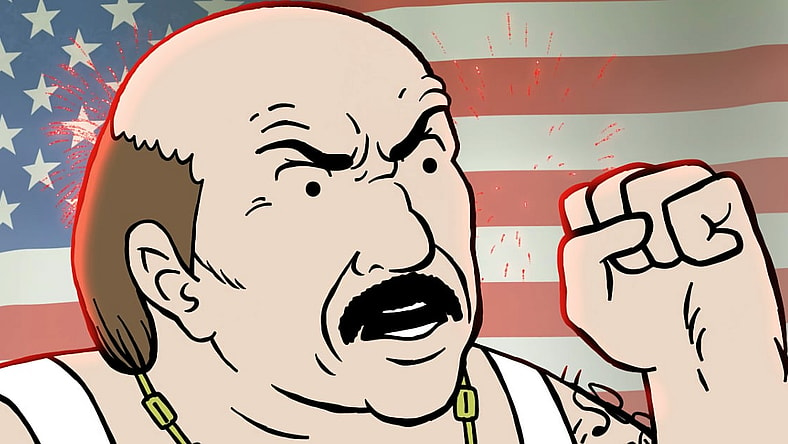
This might come as a shock, but Hollywood doesn’t like it when you watch their stuff without permission. Since that practice is illegal, the Law is on their side and they have a valid grievance. However, while all appears airtight given that fact of life, there are broader implications.
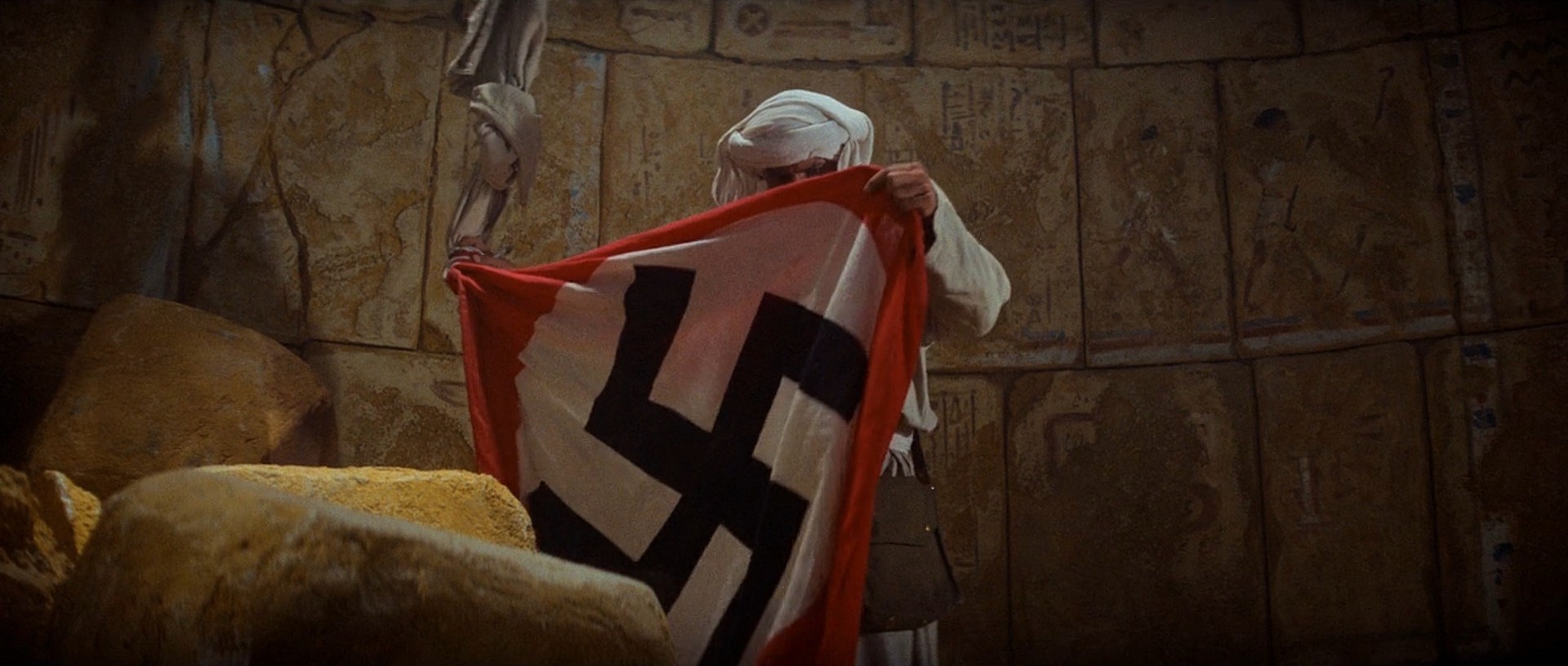
Disney, primarily, and every conglomerate with a streaming service are toeing the line of those implications that involve free speech by dragging Congress into the fray. The two institutions are working together to draft another bill to combat piracy.
The Motion Picture Association in tandem with members of Congress wants to pass “judicial site-blocking legislation” to stem the tide of illegal streaming that’s seen a sharp increase in the last year. Not so coincidentally, streaming subscriptions have fallen in the same period.
Piracy has a host of consequences the MPA is worried about. “In the U.S. alone, it [piracy] steals hundreds of thousands of jobs from workers and tens of billions of dollars from our economy, including more than one billion in theatrical ticket sales,” said org Chairman and CEO Charles Rivkin at CinemaCon via Quartz.
Rivkin’s stated goal is to allow “film, television, music, and book publishers to request in court that internet providers block websites that share illegal or stolen content,” says Quartz. Sounds good but not everybody is convinced.
The MPA tried to push legislation in 2012 called the Stop Online Piracy Act that failed because it was feared the law would have a negative slippery-slope effect on the free speech of Internet users. Even Google and Wikipedia were against it, noted Quartz.
“With today’s announcement, the MPA has made its intentions crystal clear: It wants to give itself and its members the power to force any internet infrastructure provider, up to and including the broadband providers that service your home, to cut off access to websites on their say-so alone,” rebutted senior policy counsel at Public Knowledge Meredith Rose in a statement.
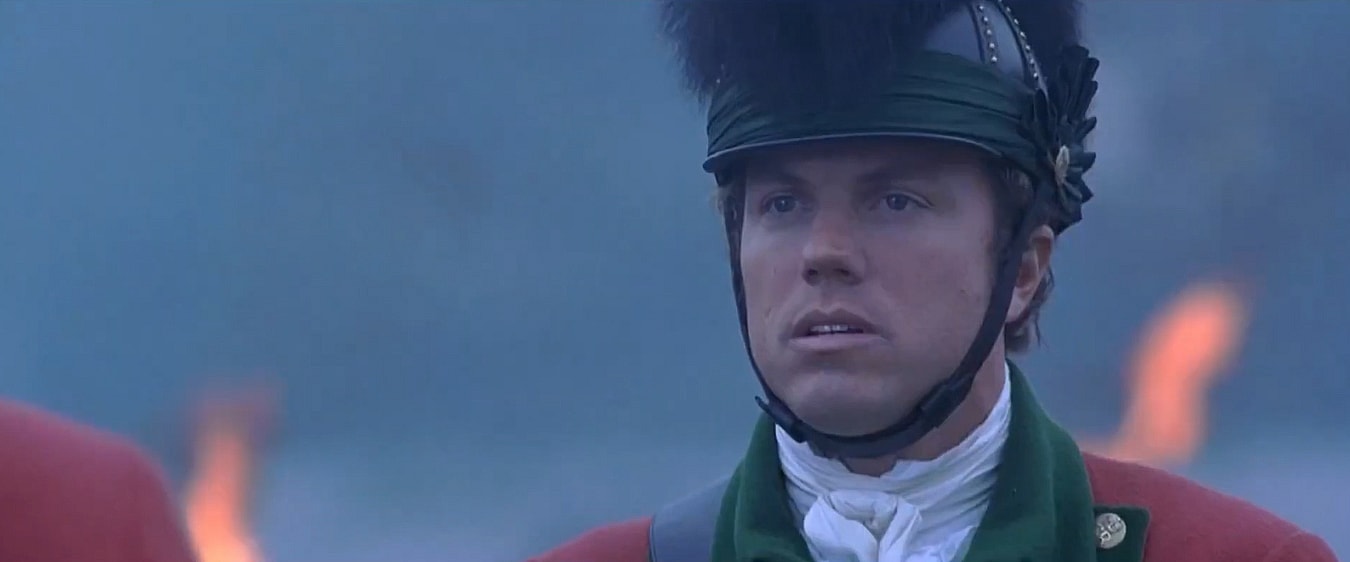
“We oppose any attempt to ram through censorious legislation developed entirely in secret without the public hearing the harsh consequences of this previously failed proposal. This needs to happen out in the open, so that the public can see all the ways in which this proposal is fundamentally and irredeemably flawed,” her statement added.
Protecting free speech, to some people, comes with the false assumption we have to let piracy run wild and unabated. But while the practice might be on the rise and costs show business reported tens of billions, cracking down on it doesn’t address the root problem.
The piracy in question on the rise is of streaming content and this trend correlates with the rise in prices of streaming subscriptions. As Professor Michael D. Smith of Carnegie Mellon University put it to Quartz, “It’s hard to get people to pay for something that they know they can get for free.”
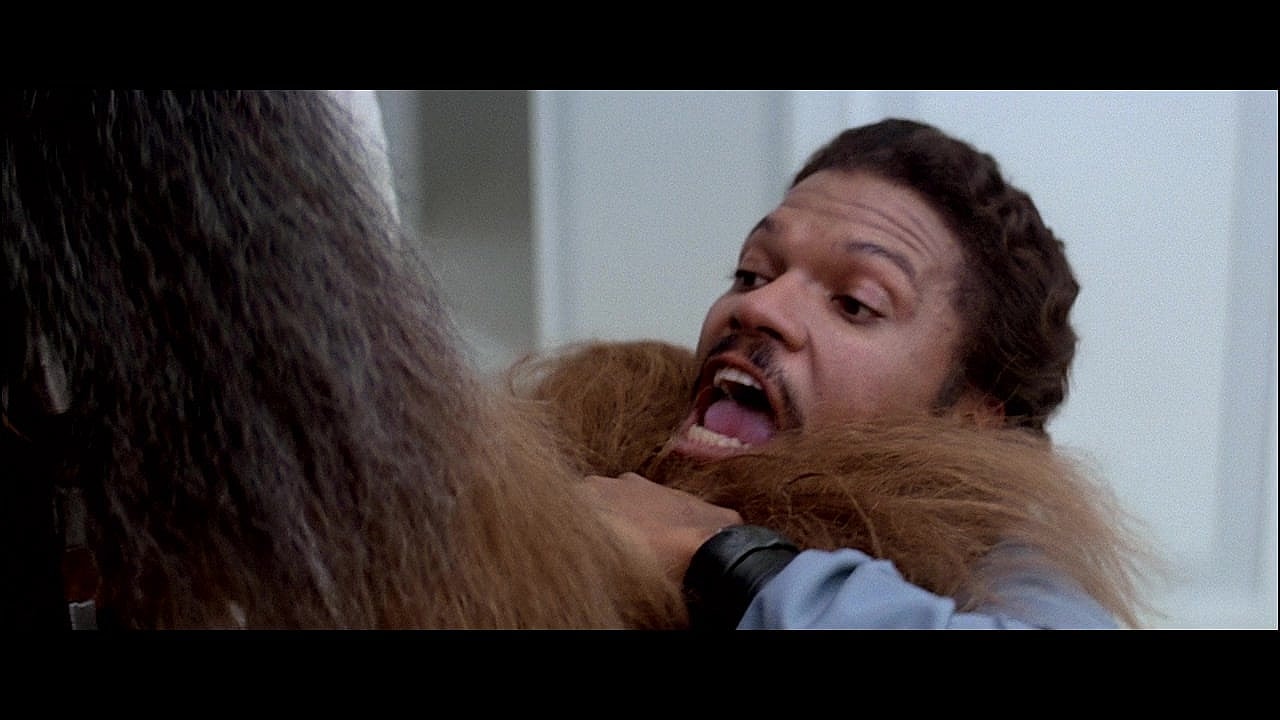
Then there’s the eminent domain aspect to consider – where no personal ownership of the content exists. You don’t keep what isn’t yours and the studio it all belongs to can yeet anything off their platform at their leisure.
If people are denied, say, Westworld or Space Ghost: Coast to Coast or physical media, and they want it bad enough, they are going to find ways to watch them no matter how many firewalls and barricades are in the way.
But those are examples of old shows, you probably say. What about new stuff? Assuming that’s a serious question, we know how that’s working out for them, especially Disney.
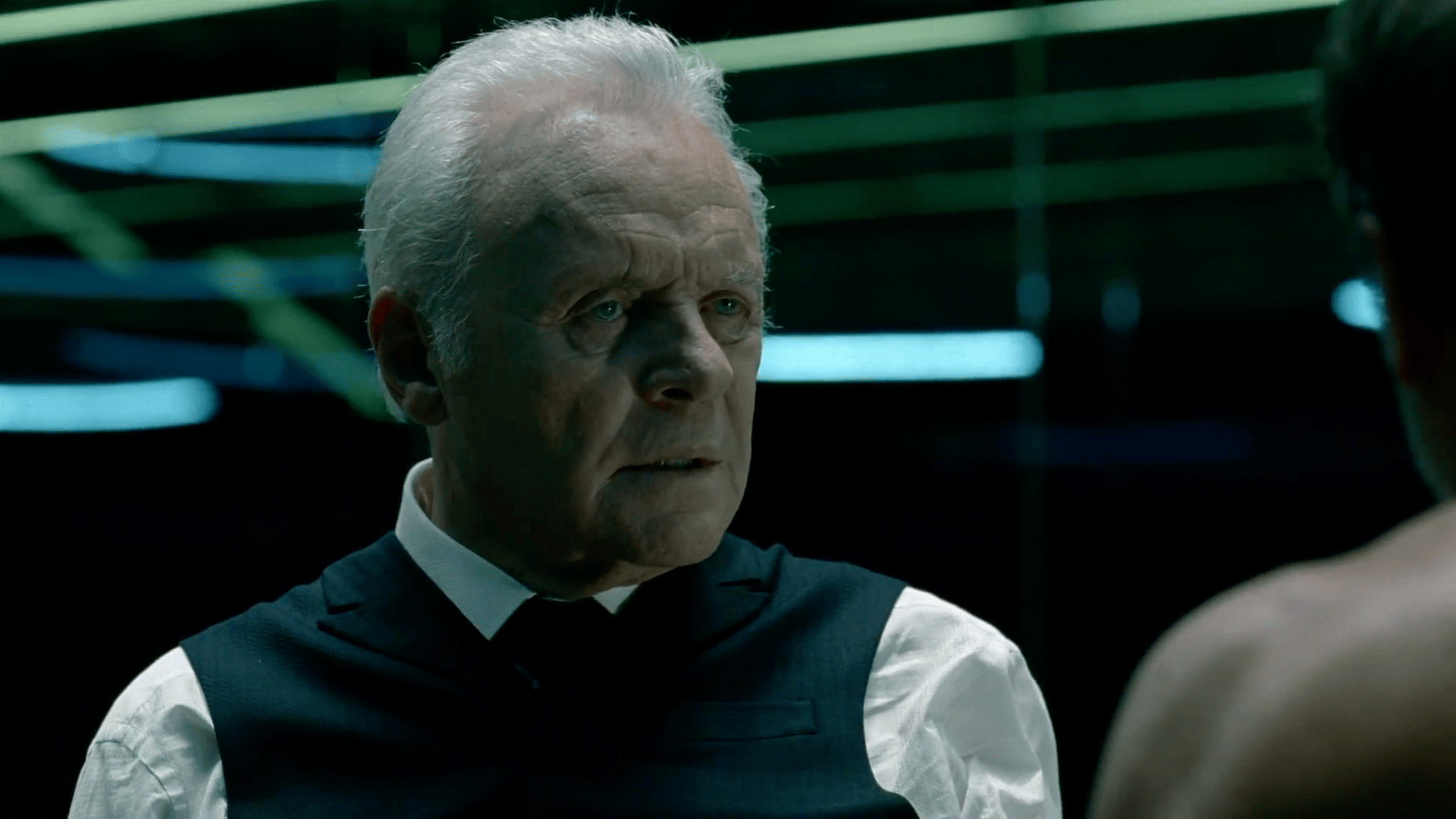
Never has there been more of a glut in the offerings of IPs they own, such as Star Wars and Marvel. Moreover, never have there been greater complaints and disillusionment from fans over the quality and forced messaging layered deliberately within the programming.
Turning their backs, fans are shutting it off and canceling their Disney Plus bundles. Hollywood can’t take them for granted anymore and may be faced with a more serious crisis soon: figuring out how to win the viewers back, assuming they care.

If not, and all signs say the content purveyors don’t, then they literally have cooked their golden goose.
